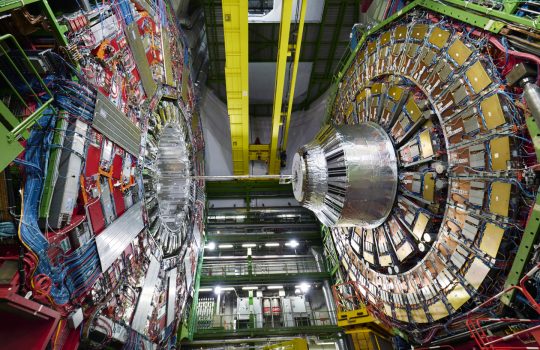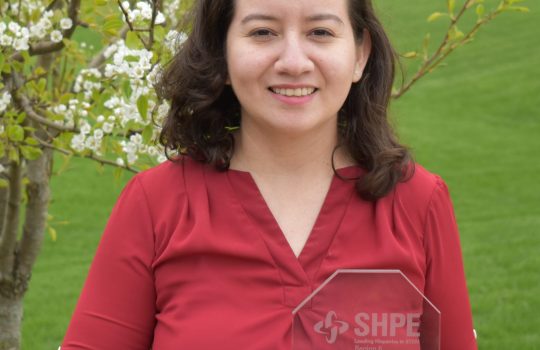Have you read about the Higgs boson in the news? Want to find out what it is, if it’s been discovered at the Large Hadron Collider in Switzerland, and what it means for you? Come to Fermilab in Batavia on Sunday, July 29, from 1-3 p.m. to learn about the Higgs and have your questions answered.
Fermilab scientist Don Lincoln will present an overview of the Higgs particle and the decades-long, worldwide search that involved scientists at particle accelerators in Illinois and Europe. Following the presentation, Fermilab scientists involved in the Higgs boson search will be available to answer your questions about the Higgs particle, the Large Hadron Collider and particle physics.
Visitors will also be able to view Fermilab’s remote operations center for the Large Hadron Collider and enjoy an expansive view of the laboratory site and surrounding area from the 15 th floor of Wilson Hall. Refreshments will be served.
The event is free and open to the public. No advance reservation is required.
For more information, call 630-840-5588 or e-mail edreg@fnal.gov.
This special event is part of Fermilab’s monthly Ask-A-Scientist lecture and tour program. To view and register for upcoming events in the series, visit:
http://ed.fnal.gov/programs/ask
Directions to Fermilab in Batavia, IL are available online: http://www.fnal.gov/pub/visiting/hours/index.html
Fermilab is America’s premier national laboratory for particle physics research. A U.S. Department of Energy Office of Science laboratory, Fermilab is located near Chicago, Illinois and operated under contract by the Fermi Research Alliance, LLC. Visit Fermilab’s website at http://www.fnal.gov and follow us on Twitter at @FermilabToday.
The DOE Office of Science is the single largest supporter of basic research in the physical sciences in the United States, and is working to address some of the most pressing challenges of our time. For more information, please visit http://science.energy.gov.



